26 Winter Superfoods That Fight Inflammation Naturally
Winter may bring cozy nights and festive cheer, but it also poses challenges to our health. The cold weather can intensify inflammation, worsening conditions like arthritis, joint pain, cardiovascular issues, and even seasonal mood imbalances. While bundling up and staying active are essential, what you put on your plate can be just as powerful in keeping inflammation at bay. That’s why we’ve updated our list to 26 winter superfoods—nutrient-dense, inflammation-fighting ingredients that help your body combat the effects of cold weather naturally. Packed with antioxidants, vitamins, and healthy fats, these foods strengthen your immune system, reduce inflammation, and keep you energized all season long. From warming root vegetables to omega-rich seafood and antioxidant-packed fruits, each superfood on this list is a natural ally in your fight against winter inflammation. Discover their health benefits, learn easy ways to incorporate them into your meals, and embrace a season of wellness, warmth, and vitality.
1. Turmeric - The Golden Spice of Life
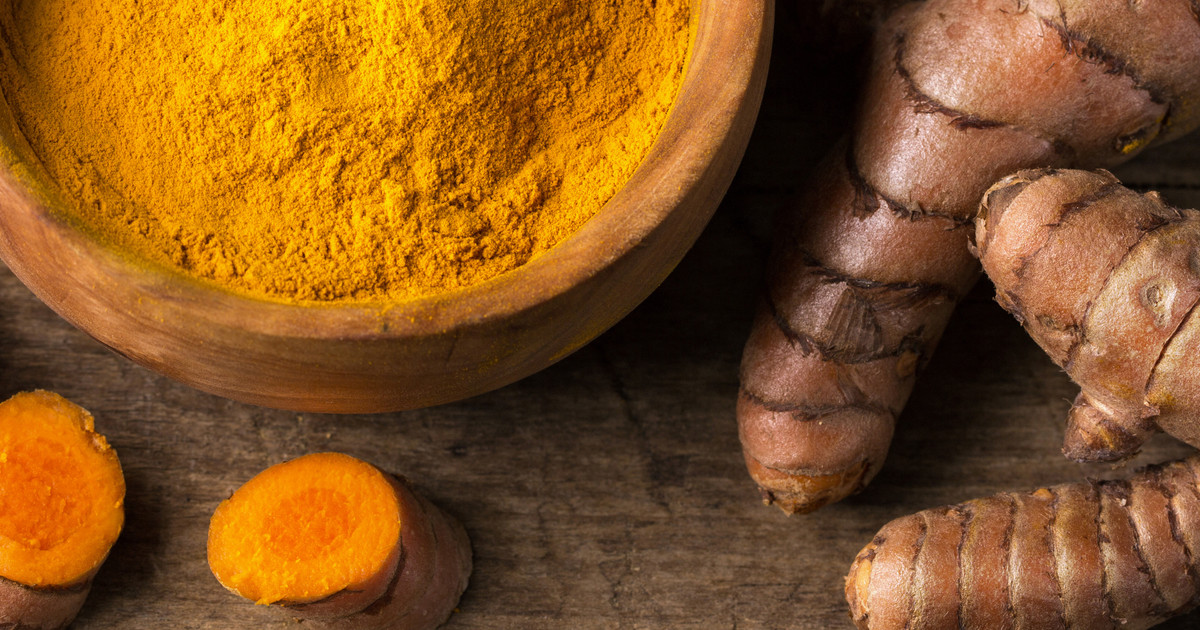
Turmeric, often referred to as the golden spice, has been celebrated for centuries for its medicinal properties. Curcumin, the active compound in turmeric, is a powerful anti-inflammatory agent. Studies have shown that curcumin can inhibit molecules that play a significant role in inflammation. Incorporating turmeric into your diet can be as simple as adding it to soups, stews, or even smoothies. Its earthy flavor complements a variety of dishes, making it a versatile addition to your culinary repertoire. Moreover, pairing turmeric with black pepper enhances curcumin absorption, maximizing its health benefits. As we explore other superfoods, turmeric stands out not only for its anti-inflammatory properties but also for its ability to improve brain function and lower the risk of heart disease. In the context of winter health, turmeric offers warmth and healing, making it an essential component of a winter wellness strategy.
2. Ginger - Warming and Healing
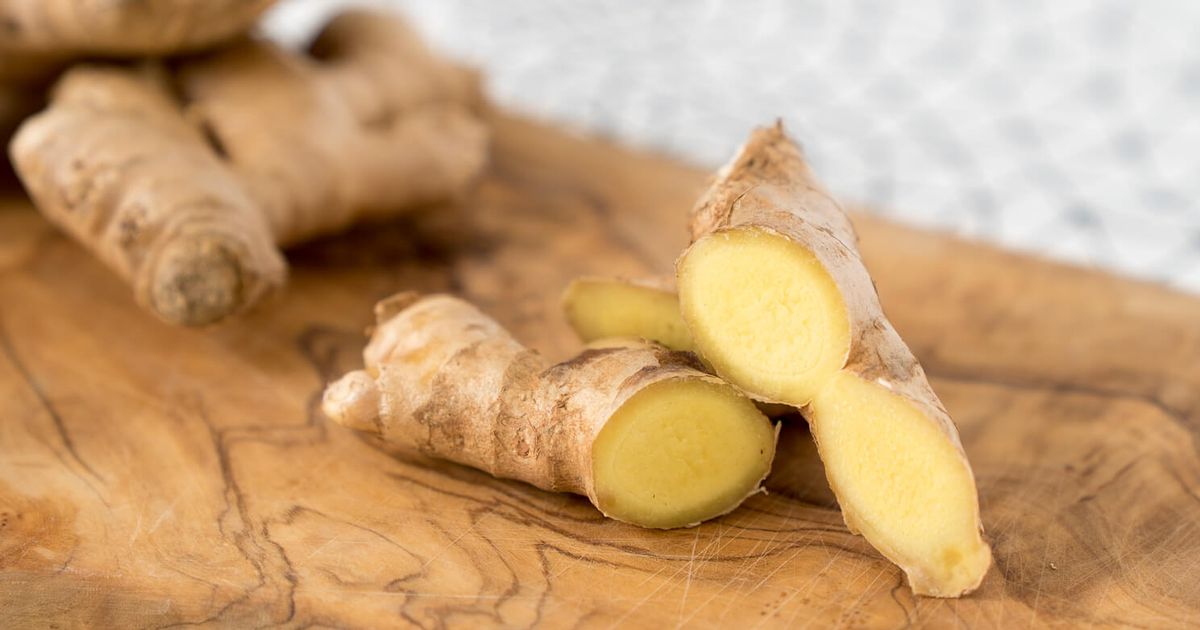
Ginger, with its spicy and aromatic qualities, is another powerhouse in the fight against inflammation. Known for its warming properties, ginger can soothe sore throats and improve circulation during the colder months. The active compounds in ginger, such as gingerols and shogaols, have been shown to reduce inflammation and oxidative stress. Incorporating ginger into your winter diet can be as simple as brewing a cup of ginger tea, adding fresh ginger to stir-fries, or using it as a spice in baked goods. Ginger not only aids in digestion but also boosts the immune system, making it a formidable ally against winter colds and flu. Its versatility in both sweet and savory dishes makes it an easy addition to meals, ensuring that you receive its full range of health benefits. As we continue to explore other superfoods, ginger exemplifies the perfect balance of flavor and function, warming the body and soothing inflammation.
3. Berries - Nature's Antioxidant Powerhouses
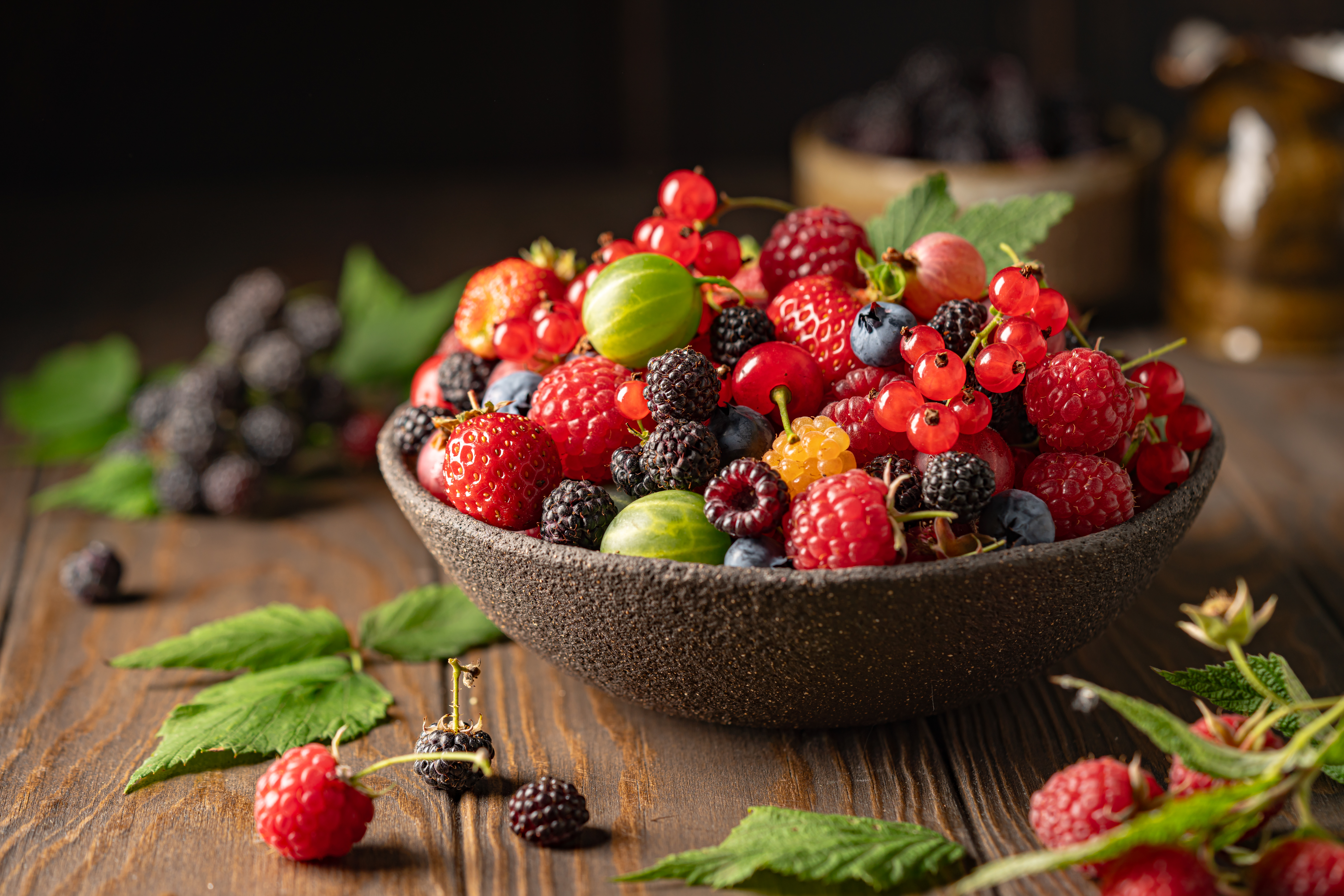
Berries, including blueberries, strawberries, and raspberries, are packed with antioxidants, which are crucial in combating inflammation. These small fruits are rich in vitamins C and K, fiber, and manganese, all of which contribute to their anti-inflammatory properties. The antioxidants in berries, particularly anthocyanins, have been shown to reduce markers of inflammation and lower the risk of chronic diseases. During winter, when fresh produce is less abundant, frozen berries offer a convenient and nutritious option. They can be added to oatmeal, yogurt, or smoothies, providing a burst of flavor and nutrients. Berries not only support immune function but also promote heart health and improve cognitive function. Their vibrant colors and sweet-tart flavors make them a delightful addition to any meal, ensuring that you enjoy both taste and health benefits. As we delve into other superfoods, berries remind us of the power of nature's bounty in maintaining health and vitality.
4. Leafy Greens - The Winter Greens Revolution
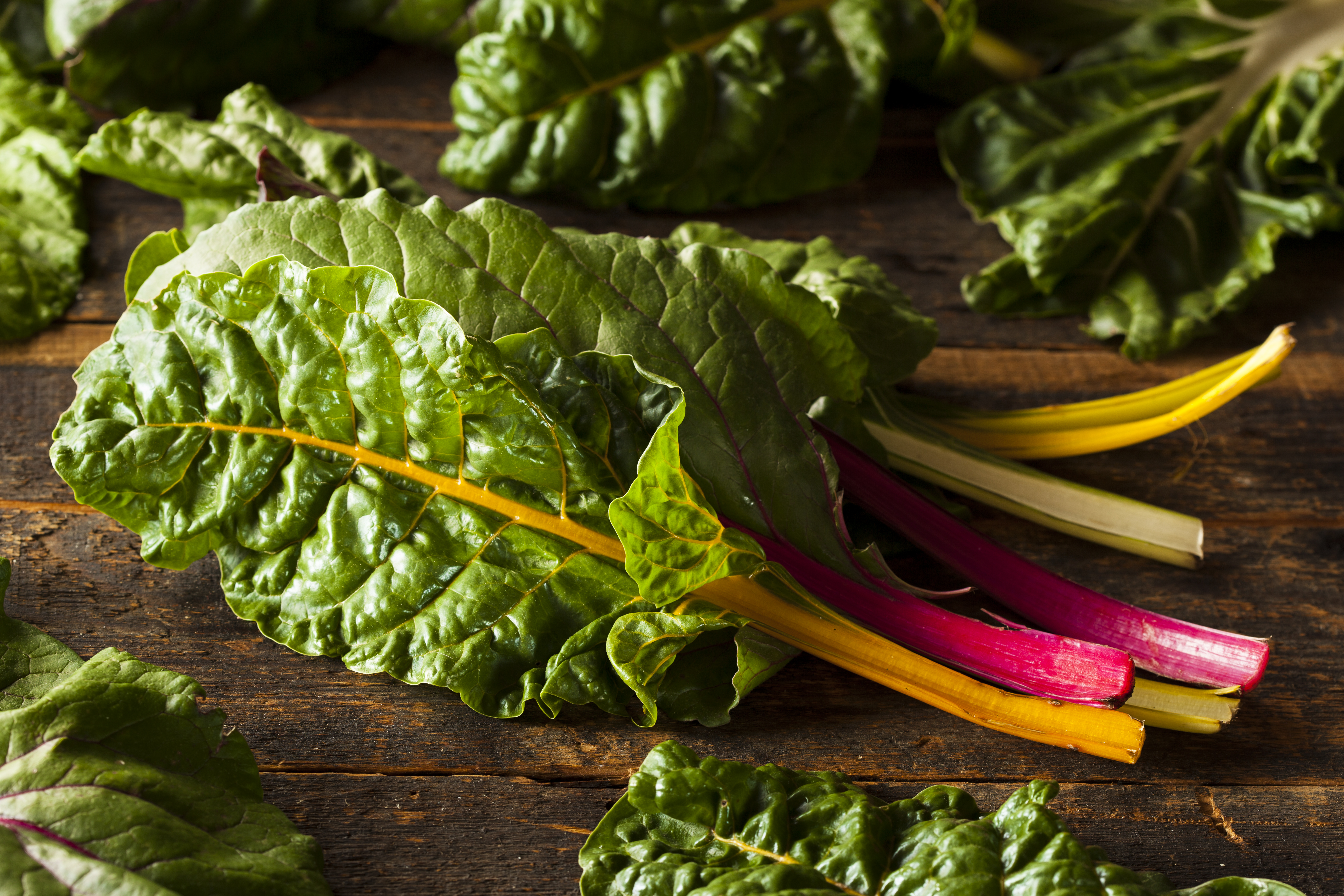
Leafy greens, such as spinach, kale, and Swiss chard, are nutritional powerhouses that play a vital role in reducing inflammation. Rich in vitamins A, C, and K, as well as minerals like calcium and iron, leafy greens support immune function and bone health. Their high antioxidant content helps neutralize free radicals, reducing oxidative stress and inflammation. Incorporating leafy greens into your winter diet can be as simple as adding them to soups, stews, or salads. They can also be blended into smoothies for a nutrient-dense boost. The versatility of leafy greens ensures that they can be enjoyed in a variety of dishes, providing both flavor and nutrition. As we explore other superfoods, leafy greens highlight the importance of plant-based foods in maintaining health and combating inflammation. Their vibrant colors and fresh flavors bring a touch of summer to winter meals, making them an essential component of a winter wellness strategy.
5. Fatty Fish - Omega-3 Rich Delights

Fatty fish, such as salmon, mackerel, and sardines, are excellent sources of omega-3 fatty acids, which are known for their anti-inflammatory properties. Omega-3s help reduce the production of inflammatory molecules and have been linked to a lower risk of heart disease and arthritis. Incorporating fatty fish into your winter diet can be as simple as grilling or baking fillets, adding them to salads, or enjoying them in a hearty fish stew. The rich flavors and healthy fats in these fish not only support heart health but also improve brain function and mood. As we continue to explore other superfoods, fatty fish remind us of the importance of healthy fats in maintaining overall well-being. Their nutrient density and delicious taste make them a satisfying and beneficial addition to winter meals, ensuring that you receive the full range of health benefits they offer.
6. Nuts and Seeds - Tiny Titans of Nutrition
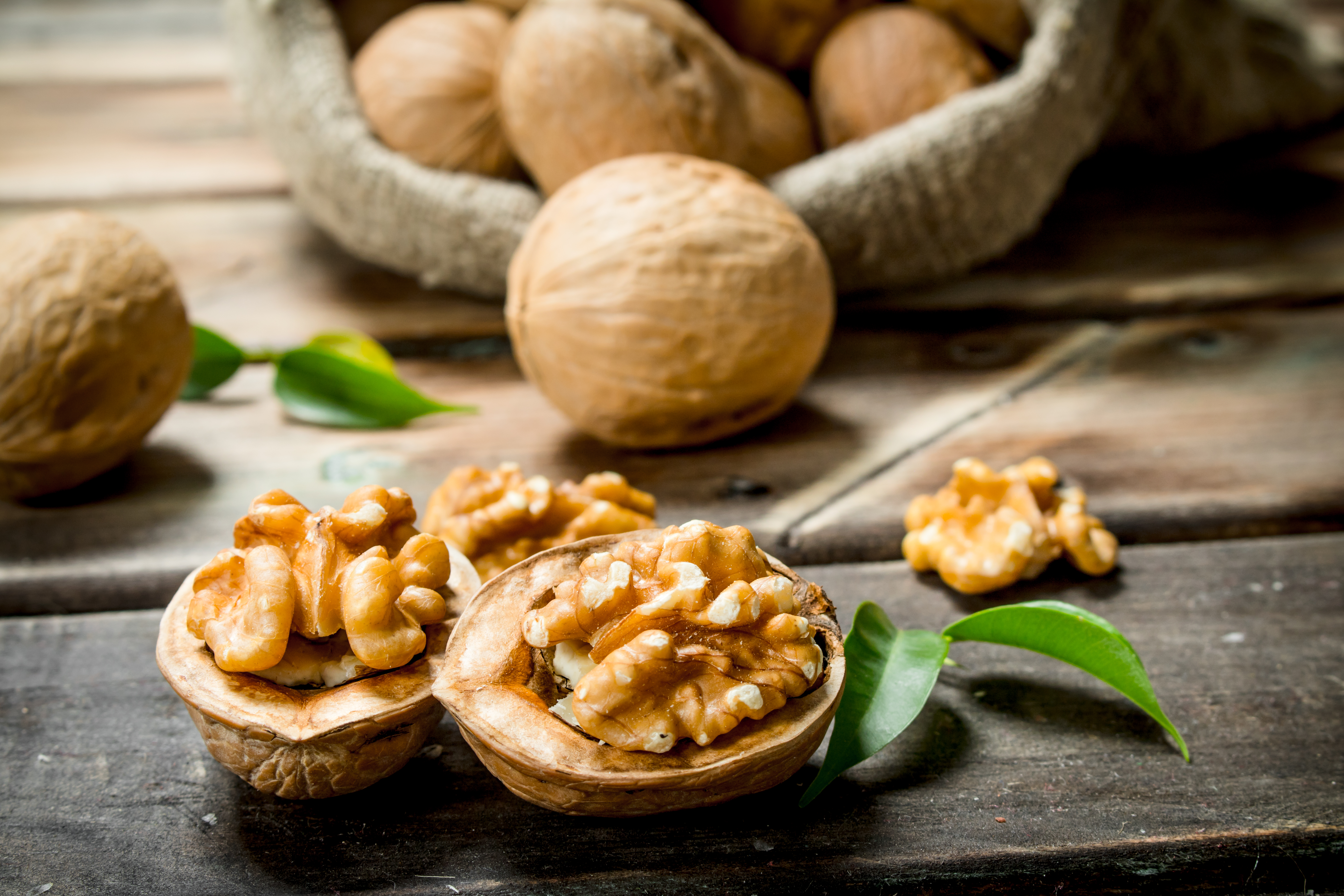
Nuts and seeds, including almonds, walnuts, flaxseeds, and chia seeds, are packed with healthy fats, protein, and fiber, making them a valuable addition to a winter diet. These tiny powerhouses are rich in antioxidants and omega-3 fatty acids, which help reduce inflammation and support heart health. Incorporating nuts and seeds into your diet can be as simple as adding them to oatmeal, yogurt, or salads, or enjoying them as a snack. Their crunchy texture and nutty flavor make them a satisfying and nutritious addition to meals. As we explore other superfoods, nuts and seeds highlight the importance of healthy fats and plant-based proteins in maintaining health and combating inflammation. Their versatility and nutrient density make them an essential component of a balanced diet, providing both flavor and nutrition during the winter months.
7. Garlic - The Flavorsome Healer
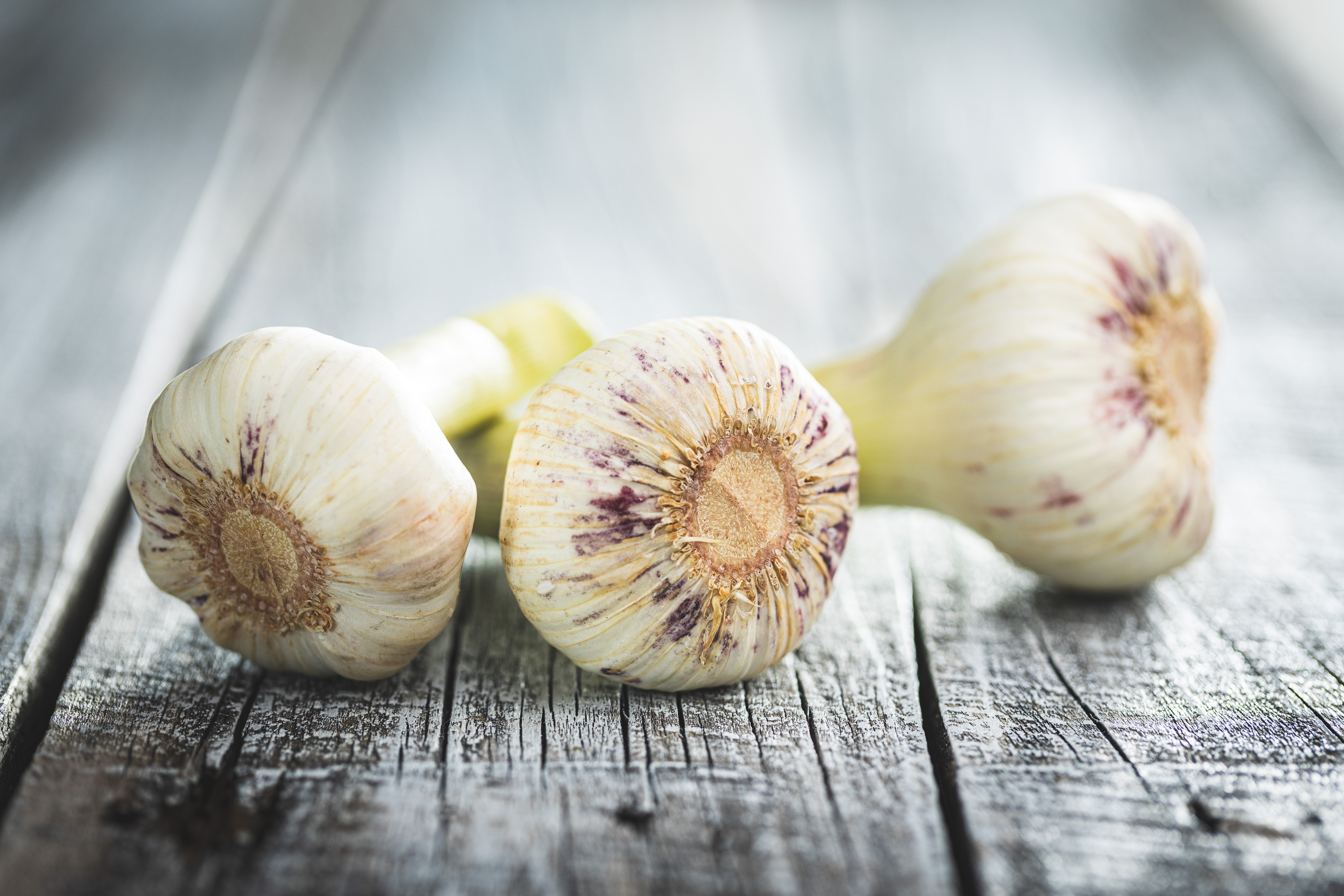
Garlic, with its pungent aroma and distinctive flavor, is a staple in many cuisines worldwide. Beyond its culinary uses, garlic is revered for its medicinal properties, particularly its ability to combat inflammation. The sulfur compounds in garlic, such as allicin, have been shown to reduce inflammation and boost immune function. Incorporating garlic into your winter diet can be as simple as adding it to soups, stews, or roasted vegetables. Its bold flavor enhances a variety of dishes, making it a versatile and healthful addition to meals. As we explore other superfoods, garlic reminds us of the power of natural remedies in maintaining health and combating inflammation. Its ability to enhance both flavor and health benefits makes it an indispensable ingredient in winter cooking, ensuring that you enjoy both taste and wellness.
8. Olive Oil - Liquid Gold for Health
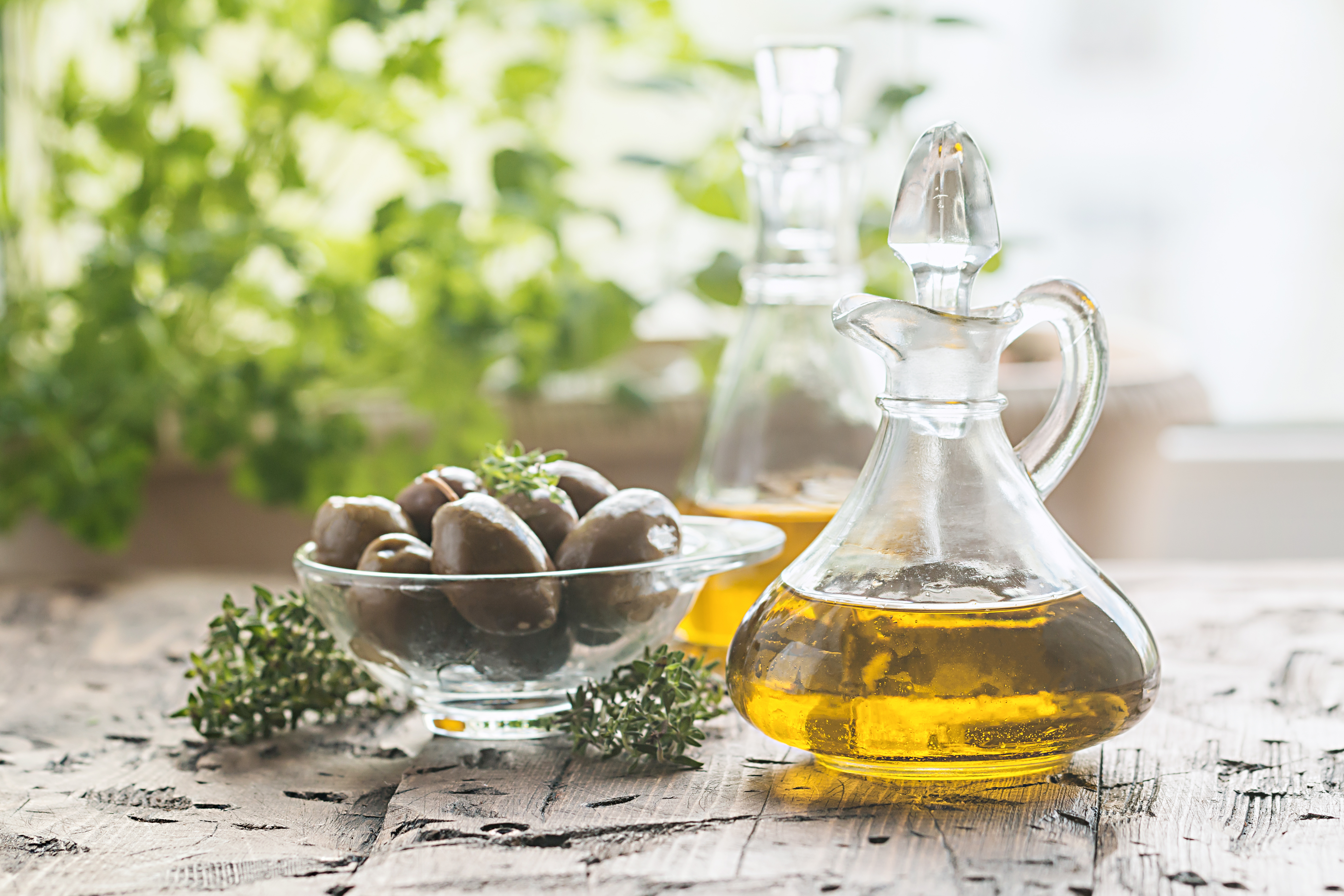
Olive oil, often referred to as liquid gold, is a cornerstone of the Mediterranean diet and is renowned for its health benefits. Rich in monounsaturated fats and antioxidants, olive oil has been shown to reduce inflammation and lower the risk of chronic diseases. Incorporating olive oil into your winter diet can be as simple as using it as a dressing for salads, drizzling it over roasted vegetables, or using it as a cooking oil. Its rich flavor and health benefits make it a versatile and essential ingredient in winter cooking. As we explore other superfoods, olive oil highlights the importance of healthy fats in maintaining overall well-being. Its ability to enhance both flavor and health benefits makes it an indispensable component of a balanced diet, providing both taste and nutrition during the winter months.
9. Green Tea - The Soothing Elixir
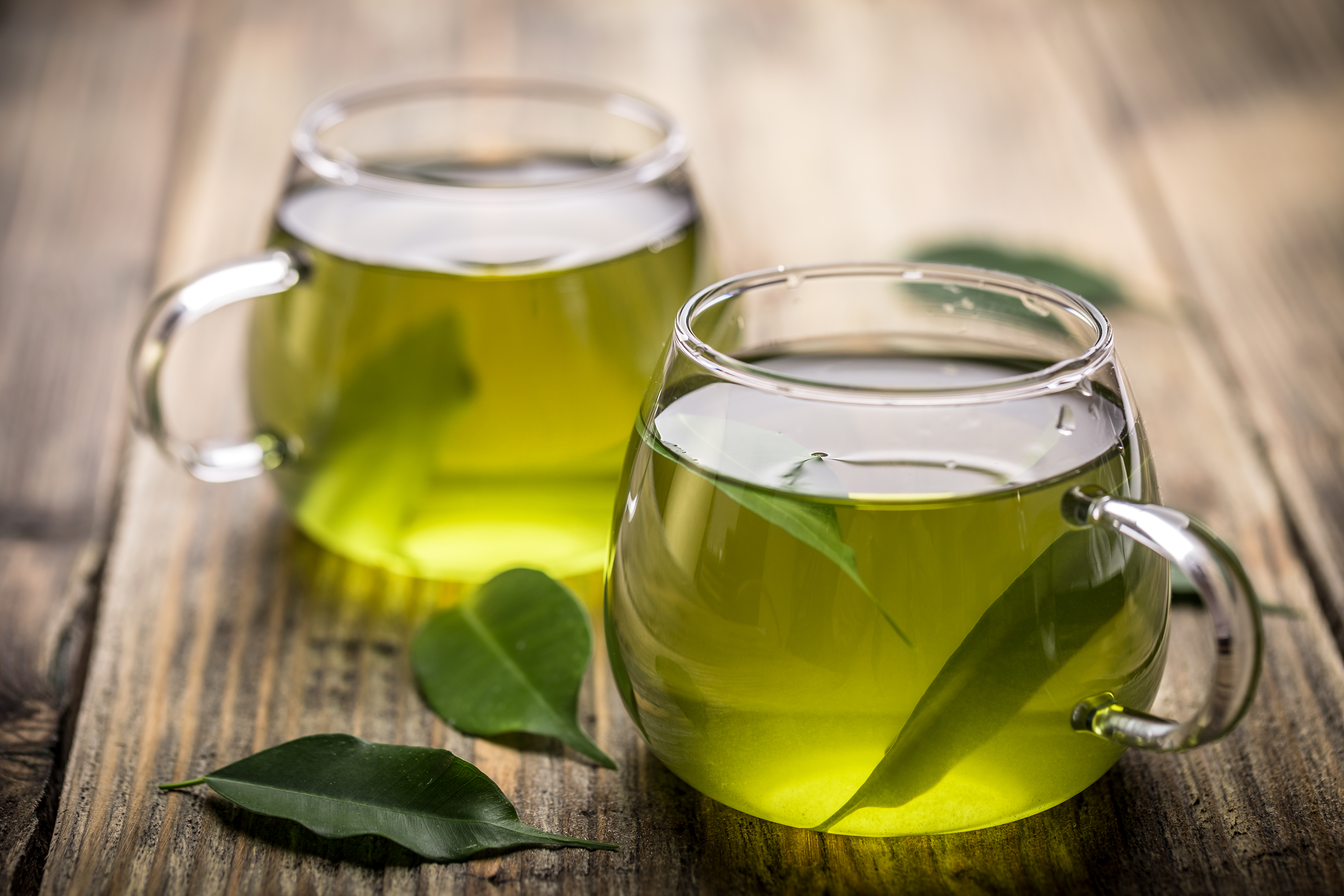
Green tea, with its delicate flavor and soothing properties, is a popular beverage worldwide. Rich in antioxidants, particularly catechins, green tea has been shown to reduce inflammation and improve heart health. Incorporating green tea into your winter routine can be as simple as enjoying a warm cup in the morning or afternoon. Its calming properties make it an ideal beverage for relaxation and mindfulness. As we explore other superfoods, green tea reminds us of the power of natural remedies in maintaining health and combating inflammation. Its ability to enhance both flavor and health benefits makes it an indispensable component of a winter wellness strategy, providing both taste and relaxation during the colder months.
10. Sweet Potatoes - The Nutrient-Dense Comfort Food
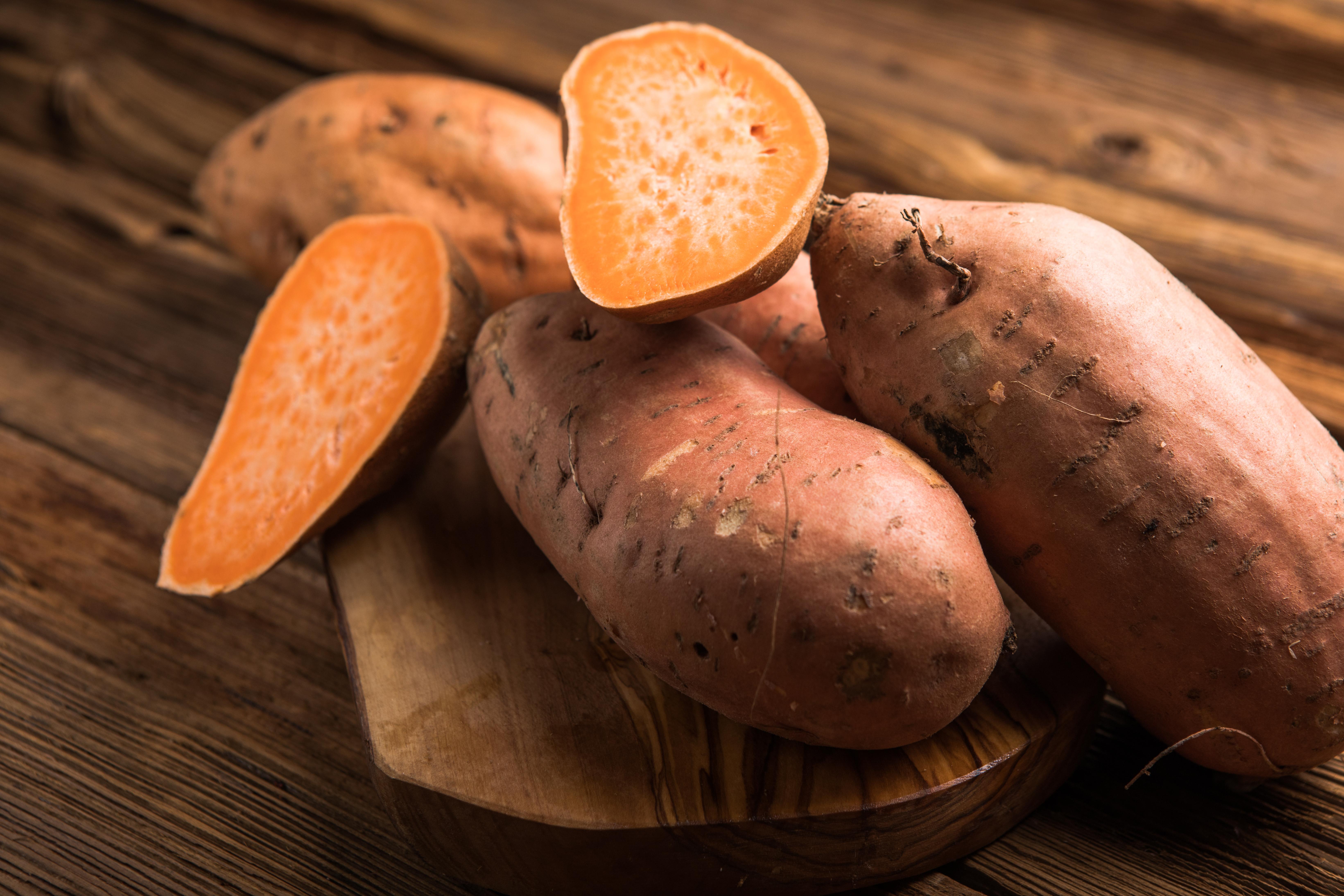
Sweet potatoes, with their vibrant orange hue and sweet flavor, are a nutrient-dense root vegetable that is rich in vitamins and minerals. High in beta-carotene, vitamin C, and fiber, sweet potatoes support immune function and reduce inflammation. Incorporating sweet potatoes into your winter diet can be as simple as roasting them, mashing them, or adding them to soups and stews. Their natural sweetness and creamy texture make them a comforting and nutritious addition to meals. As we explore other superfoods, sweet potatoes highlight the importance of nutrient-dense foods in maintaining health and combating inflammation. Their versatility and delicious taste make them a satisfying and beneficial addition to winter meals, ensuring that you receive the full range of health benefits they offer.
11. Broccoli - The Cruciferous Champion
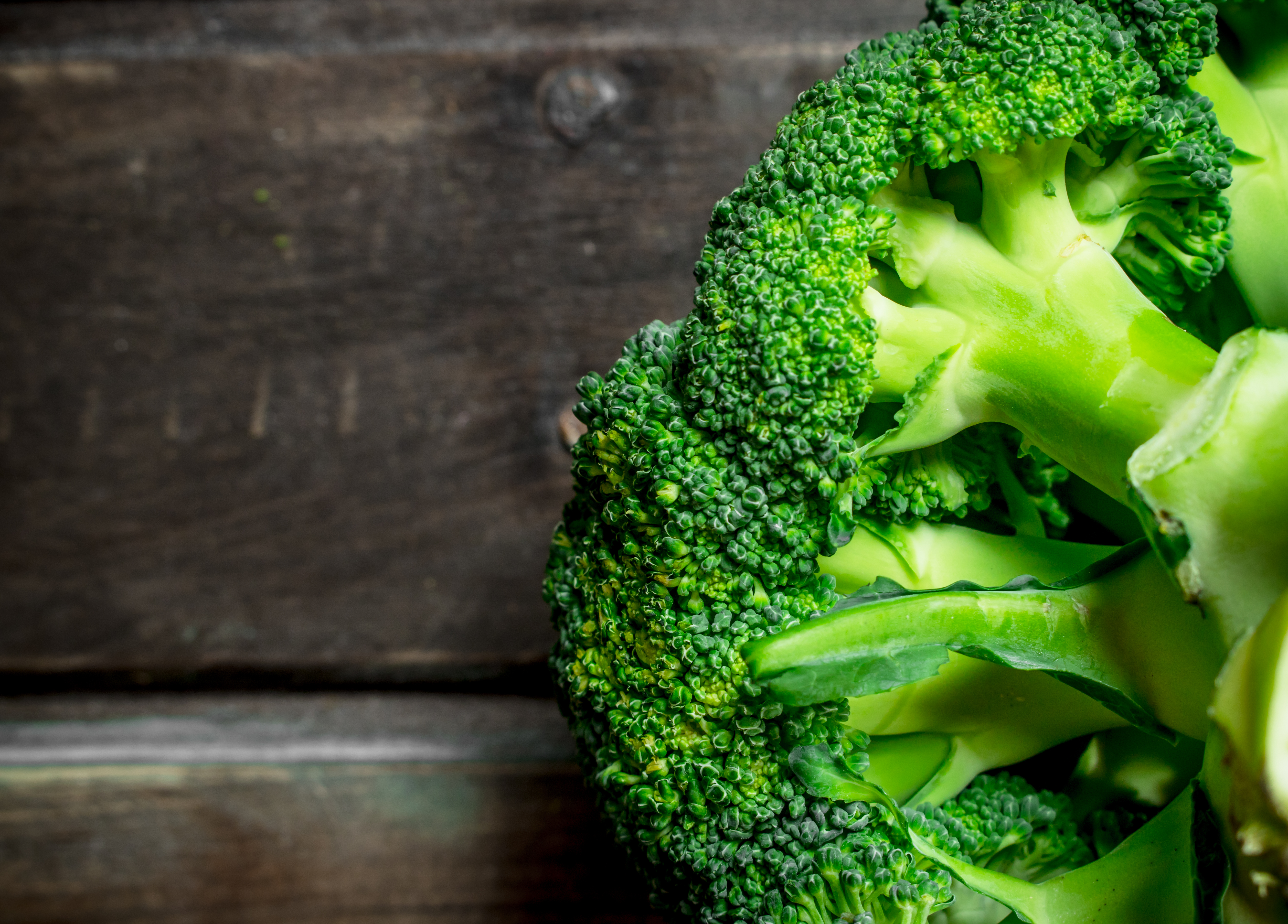
Broccoli, a member of the cruciferous vegetable family, is a nutritional powerhouse that is rich in vitamins C and K, fiber, and antioxidants. The compounds in broccoli, such as sulforaphane, have been shown to reduce inflammation and support detoxification. Incorporating broccoli into your winter diet can be as simple as steaming it, roasting it, or adding it to soups and stir-fries. Its mild flavor and crunchy texture make it a versatile and healthful addition to meals. As we explore other superfoods, broccoli reminds us of the power of plant-based foods in maintaining health and combating inflammation. Its nutrient density and delicious taste make it a satisfying and beneficial addition to winter meals, providing both flavor and nutrition during the colder months.
12. Avocado - The Creamy Superfruit
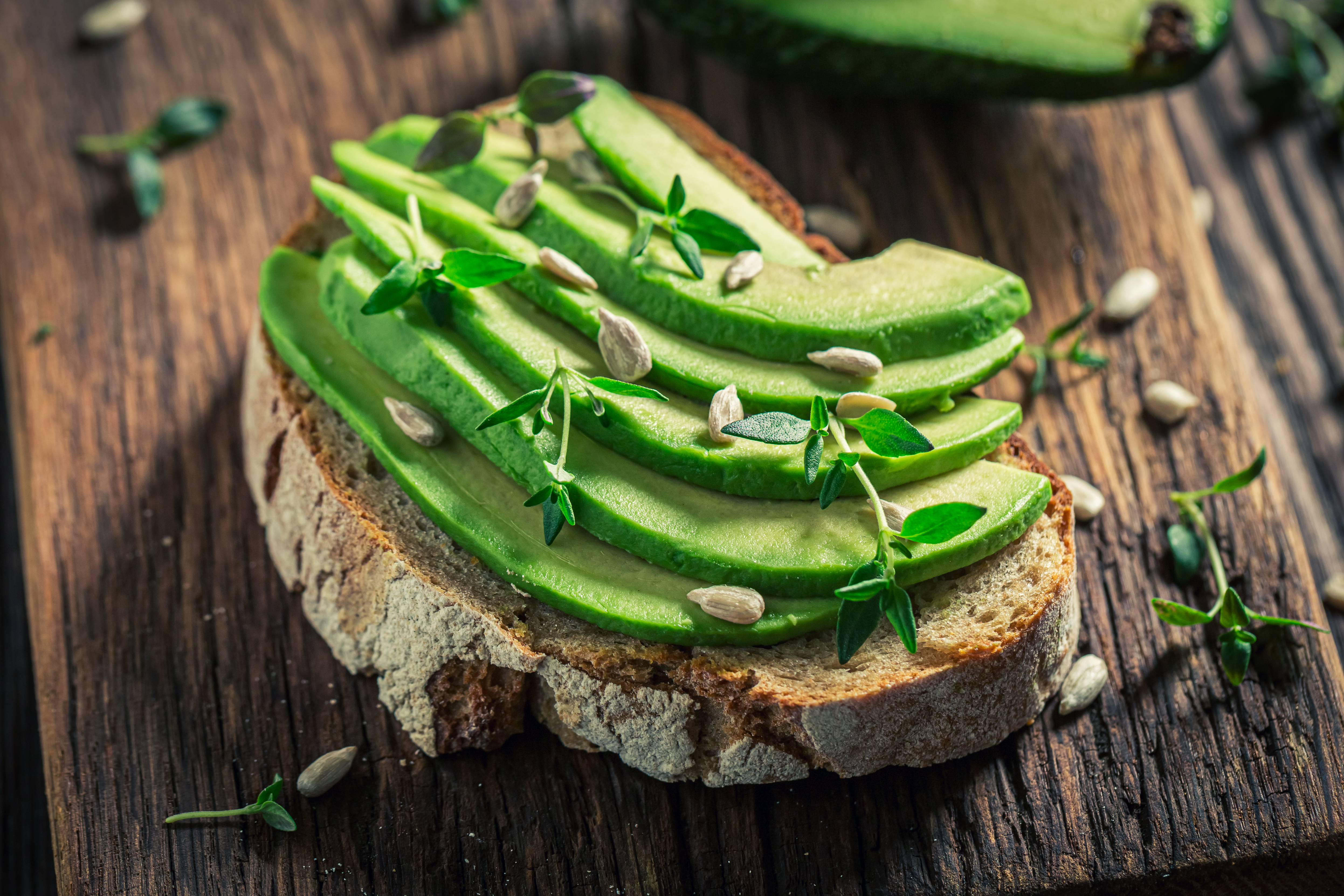
Avocado, with its creamy texture and mild flavor, is a unique fruit that is rich in healthy fats, fiber, and antioxidants. The monounsaturated fats in avocados have been shown to reduce inflammation and support heart health. Incorporating avocado into your winter diet can be as simple as adding it to salads, spreading it on toast, or blending it into smoothies. Its creamy texture and subtle flavor make it a versatile and nutritious addition to meals. As we explore other superfoods, avocado highlights the importance of healthy fats in maintaining overall well-being. Its nutrient density and delicious taste make it a satisfying and beneficial addition to winter meals, ensuring that you receive the full range of health benefits it offers.
13. Dark Chocolate - The Indulgent Antioxidant

Dark chocolate, with its rich flavor and indulgent qualities, is a delightful treat that also offers health benefits. Rich in antioxidants, particularly flavonoids, dark chocolate has been shown to reduce inflammation and improve heart health. Incorporating dark chocolate into your winter diet can be as simple as enjoying a small piece as a treat or adding it to baked goods. Its rich flavor and health benefits make it a satisfying and nutritious addition to meals. As we explore other superfoods, dark chocolate reminds us of the importance of balance and moderation in maintaining health and combating inflammation. Its ability to enhance both flavor and health benefits makes it an indispensable component of a balanced diet, providing both indulgence and wellness during the winter months.
14. Mushrooms - The Fungi with Functional Benefits
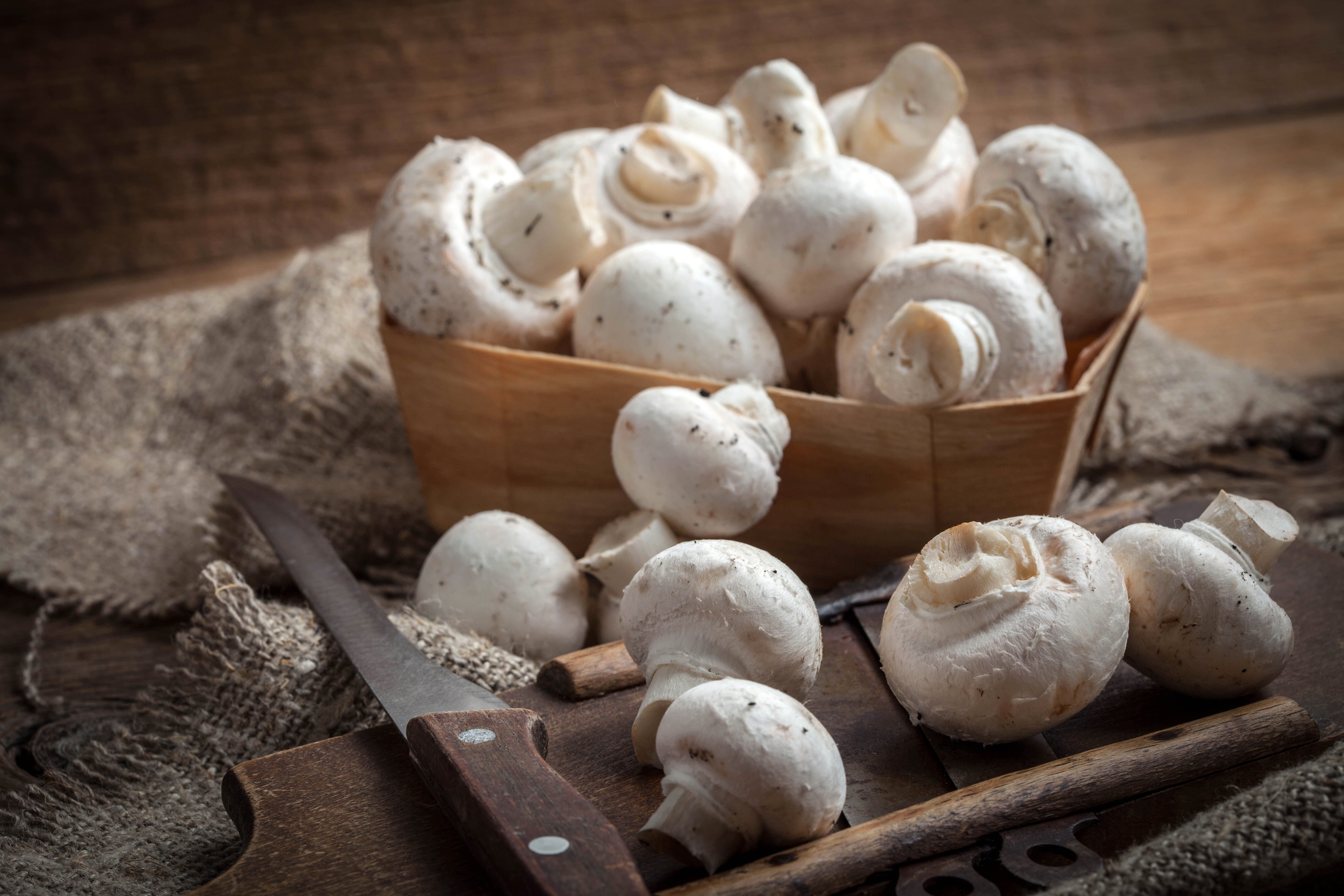
Mushrooms, with their earthy flavor and unique texture, are a versatile and nutritious food that offers a range of health benefits. Rich in antioxidants, vitamins, and minerals, mushrooms have been shown to reduce inflammation and support immune function. Incorporating mushrooms into your winter diet can be as simple as adding them to soups, stews, or stir-fries. Their umami flavor and meaty texture make them a satisfying and nutritious addition to meals. As we explore other superfoods, mushrooms highlight the importance of functional foods in maintaining health and combating inflammation. Their versatility and nutrient density make them an essential component of a balanced diet, providing both flavor and nutrition during the colder months.
15. Beets - The Vibrant Root Vegetable
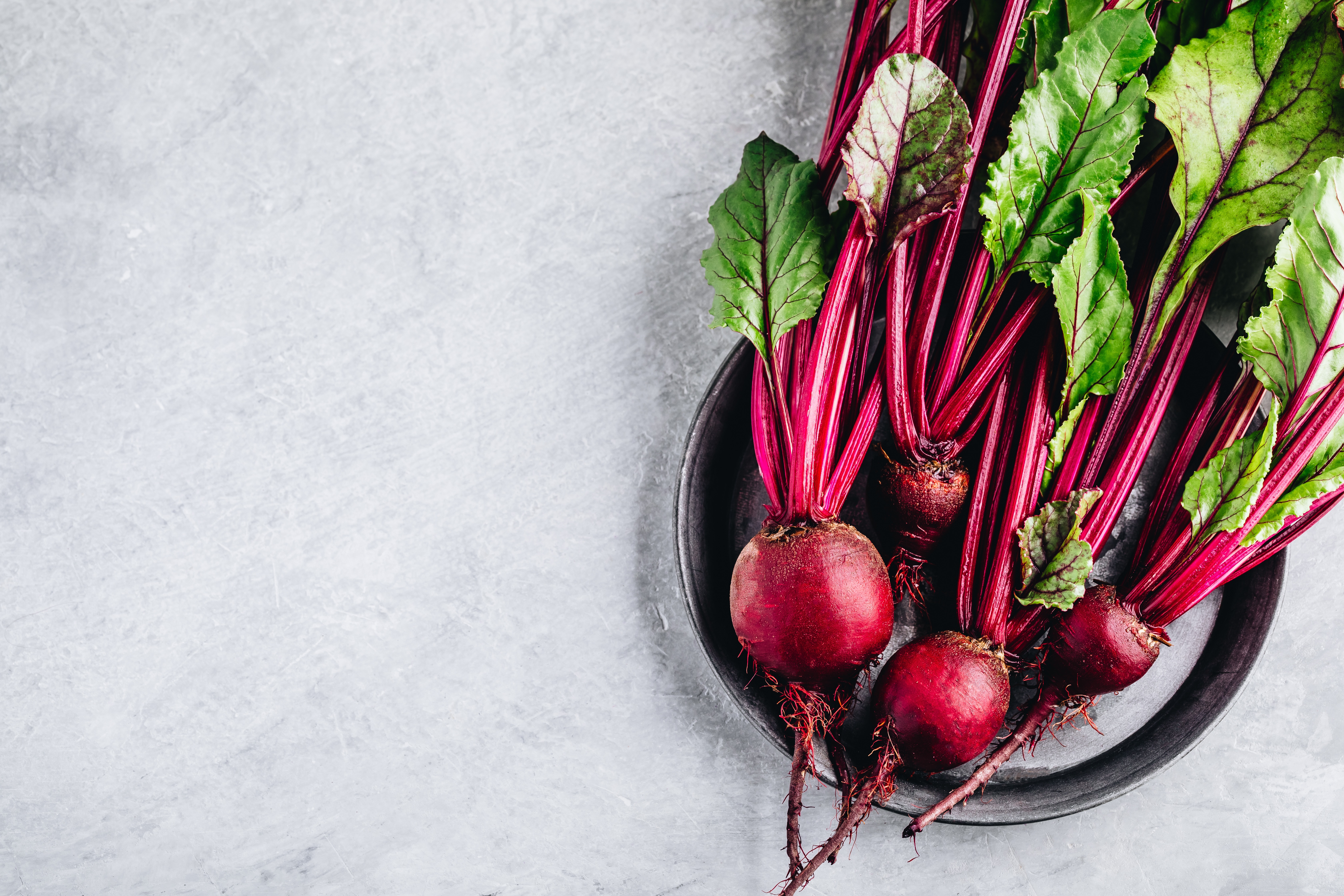
Beets, with their deep red color and sweet, earthy flavor, are a nutrient-dense root vegetable that is rich in vitamins, minerals, and antioxidants. The compounds in beets, such as betalains, have been shown to reduce inflammation and support detoxification. Incorporating beets into your winter diet can be as simple as roasting them, adding them to salads, or blending them into smoothies. Their vibrant color and natural sweetness make them a visually appealing and nutritious addition to meals. As we explore other superfoods, beets remind us of the power of colorful foods in maintaining health and combating inflammation. Their nutrient density and delicious taste make them a satisfying and beneficial addition to winter meals, ensuring that you receive the full range of health benefits they offer.
16. Quinoa - The Ancient Grain for Modern Health
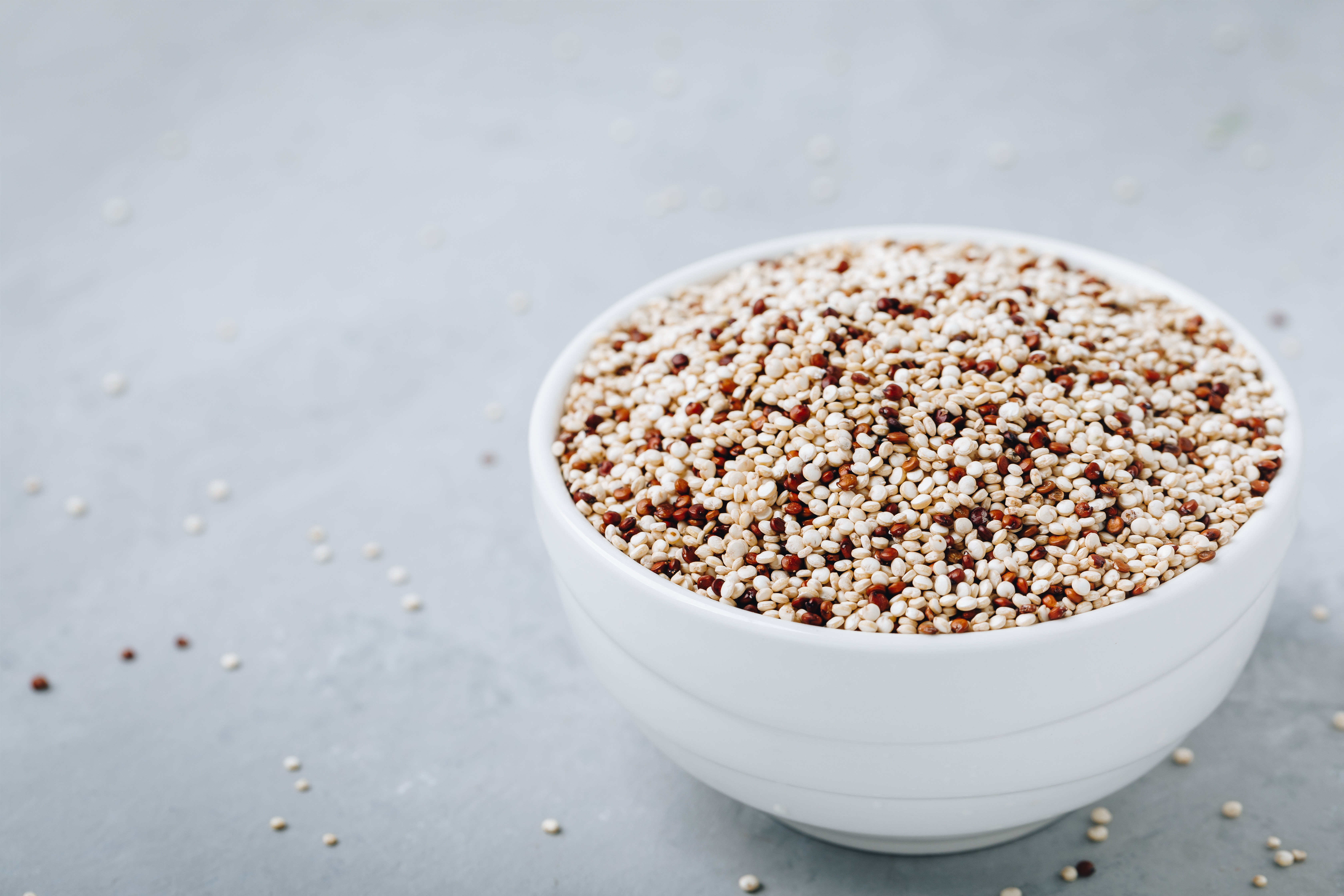
Quinoa, often referred to as the "mother of all grains," is a nutrient-dense seed that is rich in protein, fiber, and antioxidants. The compounds in quinoa, such as quercetin and kaempferol, have been shown to reduce inflammation and support heart health. Incorporating quinoa into your winter diet can be as simple as using it as a base for salads, adding it to soups, or using it as a side dish. Its nutty flavor and fluffy texture make it a versatile and nutritious addition to meals. As we explore other superfoods, quinoa highlights the importance of whole grains in maintaining health and combating inflammation. Its nutrient density and delicious taste make it a satisfying and beneficial addition to winter meals, ensuring that you receive the full range of health benefits it offers.
17. Pomegranates – The Jewel of Winter

Pomegranates are a winter superfood that not only add a burst of color to your plate but also pack a powerful anti-inflammatory punch. Their deep red seeds, called arils, are loaded with polyphenols, flavonoids, and anthocyanins, which work as antioxidants to fight free radicals and reduce oxidative stress in the body. Research suggests that pomegranates can help lower inflammation markers, making them particularly beneficial for those with arthritis, heart disease, and metabolic disorders. Additionally, pomegranates contain ellagitannins, compounds that may help slow the progression of chronic conditions like cancer by reducing inflammation at the cellular level. Incorporate them into your meals by sprinkling fresh seeds over salads, mixing them into yogurt or oatmeal, or blending them into smoothies. For a refreshing twist, drink 100% pure pomegranate juice, which retains most of the fruit’s beneficial compounds. Just be mindful of added sugars in store-bought varieties.
18. Black Garlic – Fermented Power for Gut and Immunity
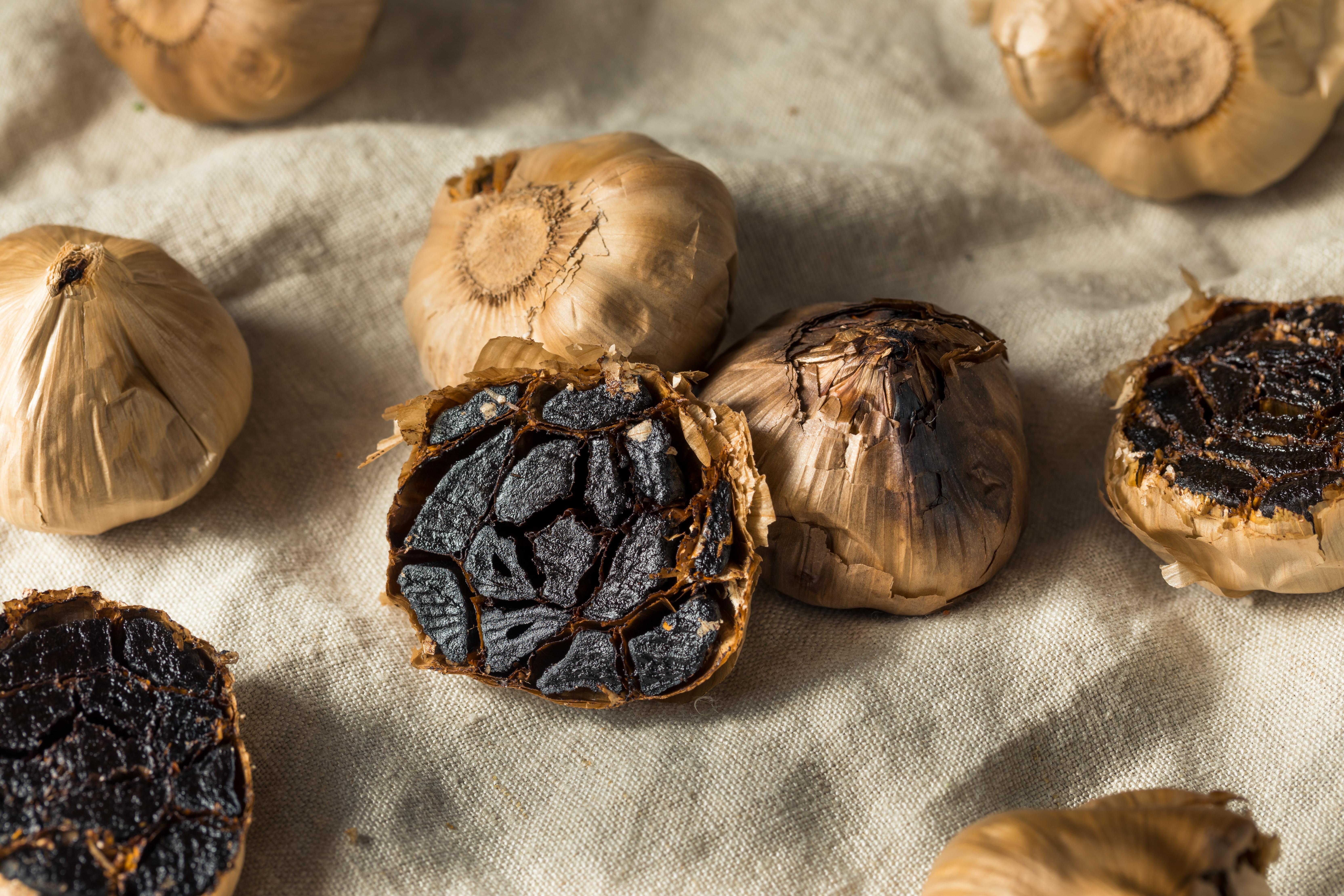
Black garlic is a lesser-known but highly potent anti-inflammatory food that deserves a place in your winter diet. Created by fermenting regular garlic over several weeks at a controlled temperature and humidity, black garlic undergoes a transformation that enhances its antioxidant content while giving it a mild, slightly sweet, and tangy flavor. This fermentation process significantly increases the levels of S-allyl cysteine (SAC), a sulfur-rich compound that has been linked to reduced inflammation, improved heart health, and better immune function. Unlike raw garlic, black garlic is gentler on the stomach, making it easier to digest for those who experience sensitivity to regular garlic. It has been shown to lower oxidative stress, reduce harmful cholesterol levels, and support gut microbiome health, which is crucial for regulating inflammation throughout the body. Because of its unique, umami-rich taste, black garlic can be used in various dishes—mash it into salad dressings, blend it into sauces, or spread it on toast for a delicious, health-boosting treat. You can also eat it raw as a daily supplement to strengthen immunity during winter. Whether you enjoy it as a culinary ingredient or for its medicinal properties, black garlic is an easy and flavorful way to fight inflammation naturally.
19. Red Cabbage – A Cruciferous Anti-Inflammatory Hero
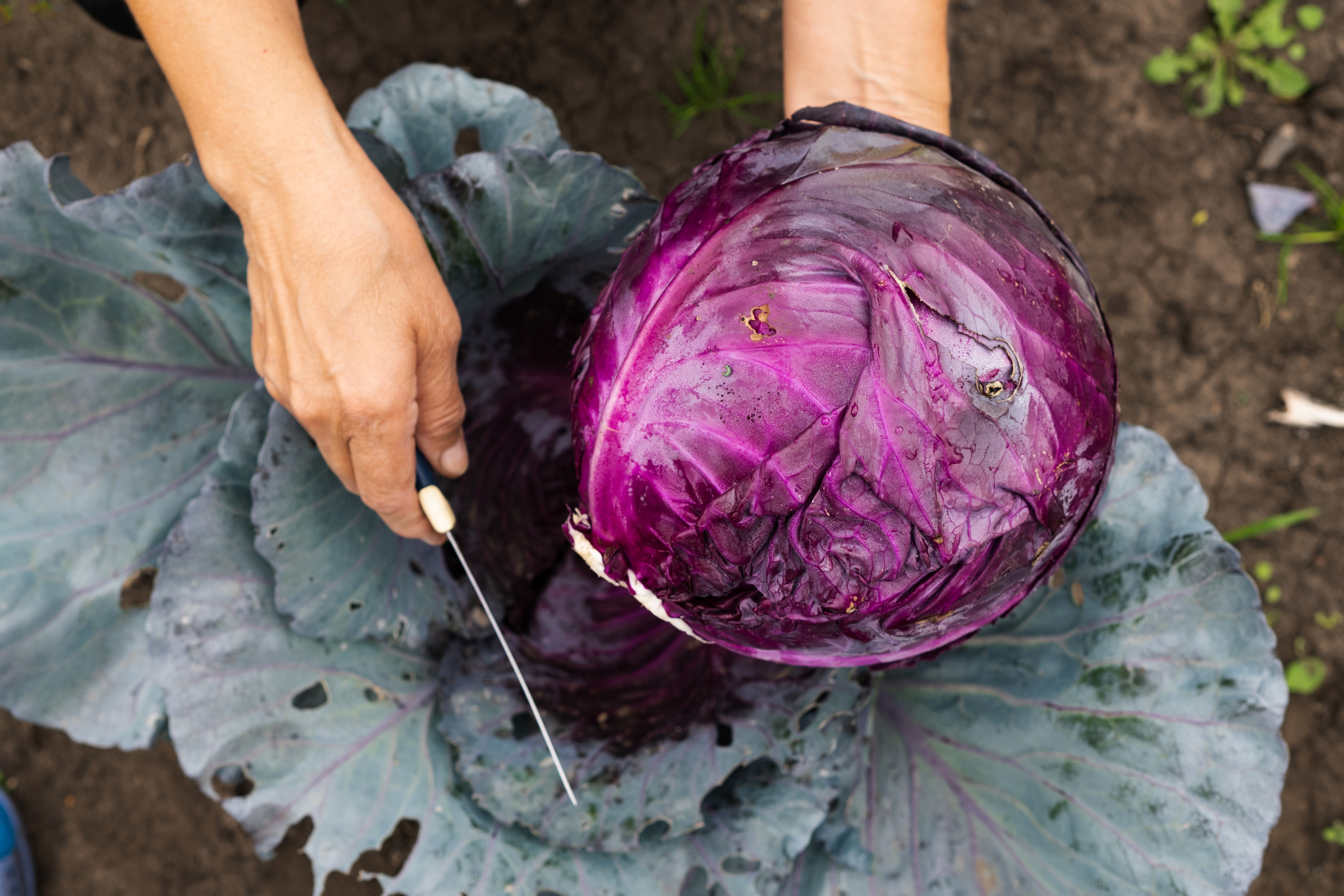
Red cabbage, with its vibrant purple hue, is a powerful source of anti-inflammatory antioxidants that help fight chronic inflammation and promote overall health. This cruciferous vegetable is packed with anthocyanins, the same compounds found in blueberries, which have been shown to reduce oxidative stress and protect against heart disease. Red cabbage also contains sulforaphane, a bioactive compound that neutralizes toxins, reduces inflammation, and supports liver detoxification. In addition to its anti-inflammatory properties, red cabbage is high in fiber and prebiotics, which help feed beneficial gut bacteria and improve digestion. It is also rich in vitamin K, vitamin C, and manganese, all of which contribute to bone health, immune function, and tissue repair. To incorporate red cabbage into your meals, try shredding it into slaws, fermenting it into kimchi or sauerkraut, or sautéing it with garlic and olive oil for a warm, nourishing side dish. Cooking it lightly can help retain its beneficial compounds while making it easier to digest.
20. Kimchi & Sauerkraut – Fermented Goodness for Gut Health
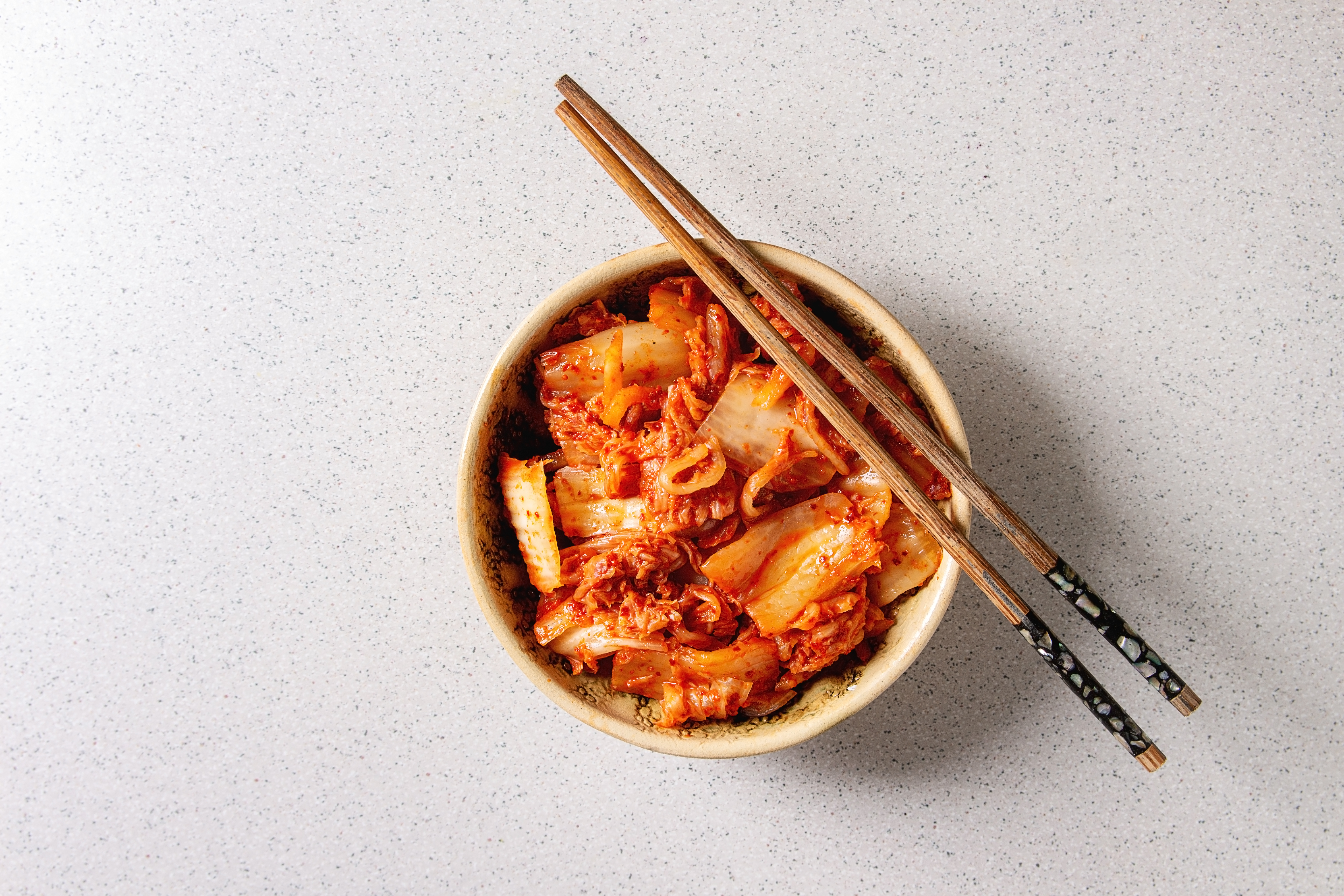
Fermented foods like kimchi and sauerkraut are not just flavorful additions to meals—they are powerful allies against inflammation. These probiotic-rich foods nourish the gut microbiome, which plays a crucial role in modulating inflammation and immune responses. Since 70% of the immune system resides in the gut, ensuring a healthy balance of gut bacteria is essential for reducing chronic inflammation and supporting digestion, brain health, and metabolic function. To enjoy the benefits of fermented foods, try adding a spoonful of kimchi or sauerkraut to grain bowls, sandwiches, or as a topping for soups. Since heat can kill beneficial probiotics, it’s best to consume these foods raw or lightly warmed. Regularly eating fermented foods can help reduce bloating, boost nutrient absorption, and keep inflammation at bay throughout the winter months.
21. Shiitake Mushrooms – Fungi with Immune-Boosting Power
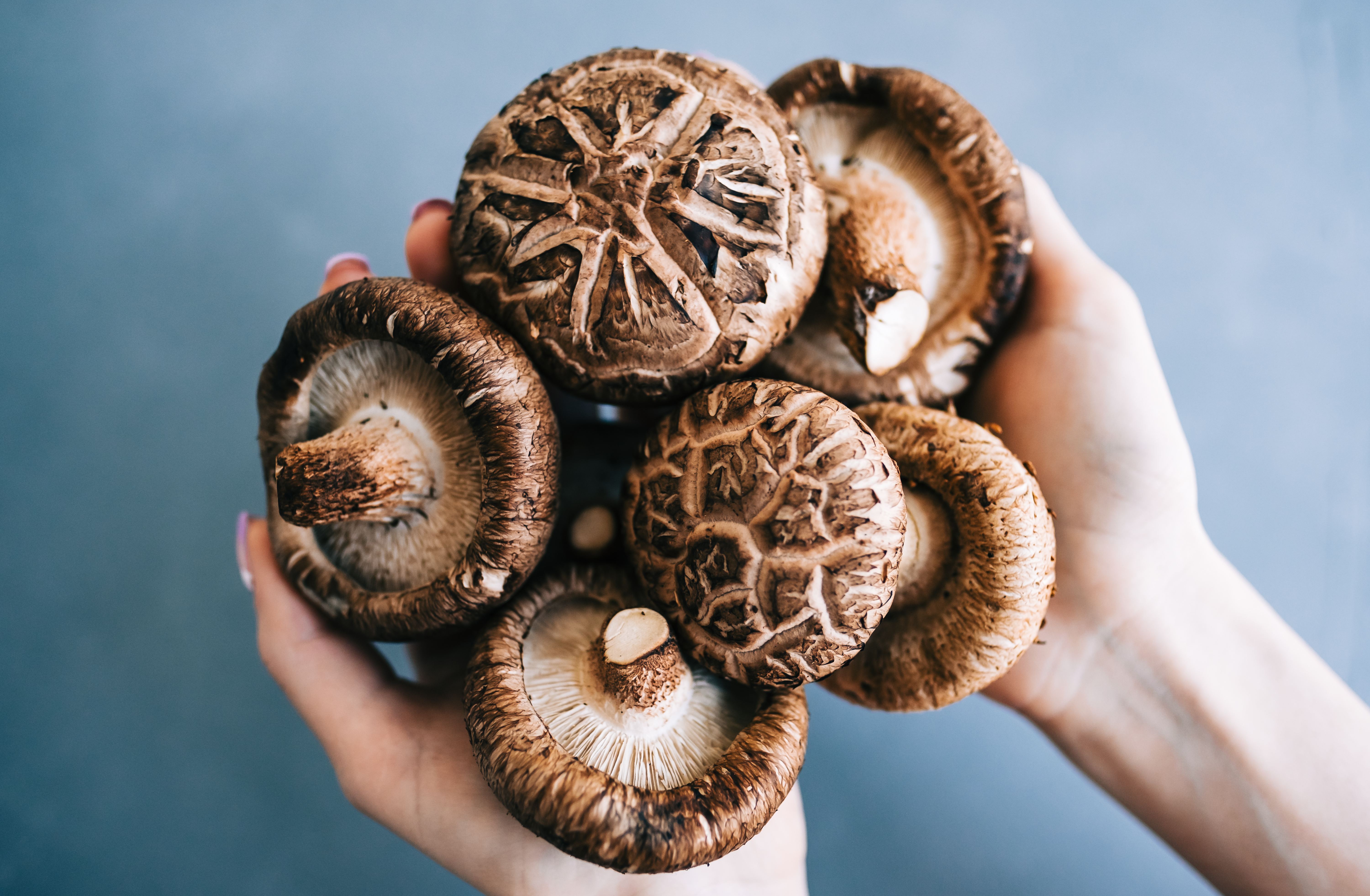
Shiitake mushrooms are a nutrient-dense superfood that have been revered for centuries in Asian medicine for their powerful immune-boosting and anti-inflammatory properties. These mushrooms contain lentinan, a type of beta-glucan that enhances immune system function and helps regulate inflammatory pathways in the body. Shiitake mushrooms are also rich in ergothioneine, an antioxidant that protects cells from oxidative stress and may help reduce inflammation in the brain and cardiovascular system. Beyond their immune-boosting potential, shiitake mushrooms are a great source of B vitamins, copper, selenium, and zinc, which help maintain energy levels, support nerve function, and promote wound healing. Their natural umami flavor makes them a delicious addition to a variety of dishes, from stir-fries to soups. To maximize the benefits of shiitake mushrooms, try sautéing them with garlic and olive oil, adding them to miso soup, or roasting them with herbs. Since shiitake mushrooms contain bioactive compounds that support gut health, heart function, and overall longevity, incorporating them into your winter meals can be a flavorful way to keep inflammation in check while nourishing your body.
22. Amaranth – The Ancient Grain Packed with Antioxidants
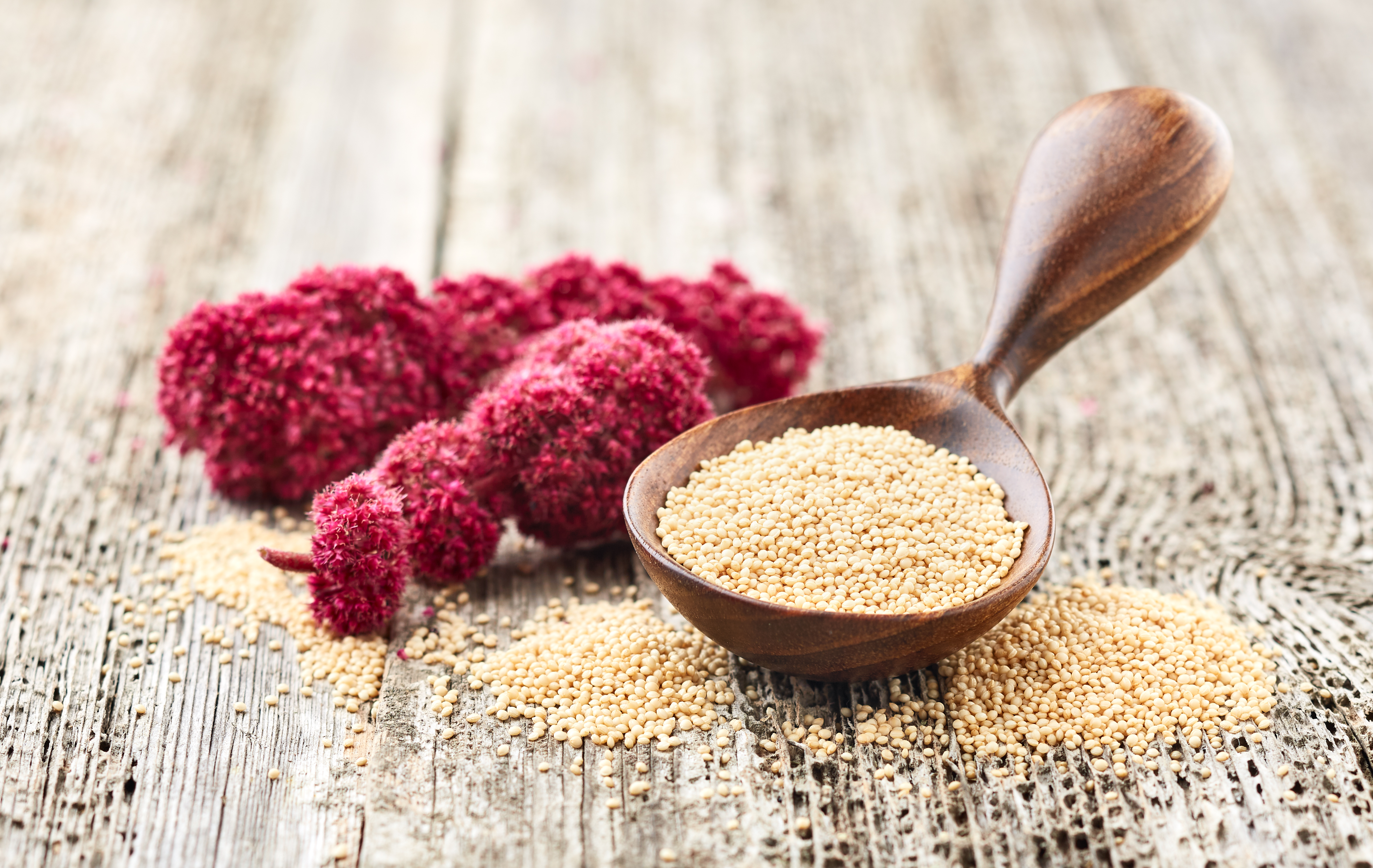
Amaranth, a tiny but powerful ancient grain, has been cultivated for thousands of years and is revered for its impressive nutritional profile. Unlike traditional grains, amaranth is naturally gluten-free and boasts a remarkable concentration of quercetin, an antioxidant known for its potent anti-inflammatory properties. Quercetin helps combat oxidative stress, reducing the risk of chronic diseases like heart disease and diabetes. Additionally, amaranth is an excellent source of plant-based protein, making it a fantastic option for those looking to increase their protein intake while maintaining an anti-inflammatory diet. Amaranth is incredibly versatile in the kitchen: cook it into a creamy porridge, add it to soups for extra texture, or mix it with other grains like quinoa or brown rice for a nutrient-dense side dish. Whether you use it as a warm breakfast bowl or a hearty addition to winter stews, amaranth is a powerhouse ingredient that nourishes your body from the inside out.
23. Persimmons – The Vitamin C-Rich Superfruit

Persimmons are a true winter superfruit, bursting with vitamin C, beta-carotene, and powerful flavonoids that actively combat inflammation. Their vibrant orange hue is a visual testament to their high antioxidant content, which helps neutralize free radicals and reduce oxidative stress in the body. This makes persimmons an excellent food for strengthening the immune system, supporting heart health, and promoting radiant skin—especially important during the dry, cold months of winter. Beyond their immune-boosting abilities, persimmons are a fantastic source of fiber, particularly in their soluble form, which supports gut health and helps regulate blood sugar levels. These sweet, honey-like fruits can be enjoyed in various ways: eat them fresh for a juicy, refreshing snack, slice them onto salads for a burst of sweetness, blend them into smoothies for a nutrient-packed boost, or roast them with warming spices like cinnamon and nutmeg for a cozy winter dessert. Persimmons can also be used in baked goods, adding natural sweetness while enhancing the nutritional value of your favorite winter treats.
24. Bone Broth – The Gut-Healing Elixir
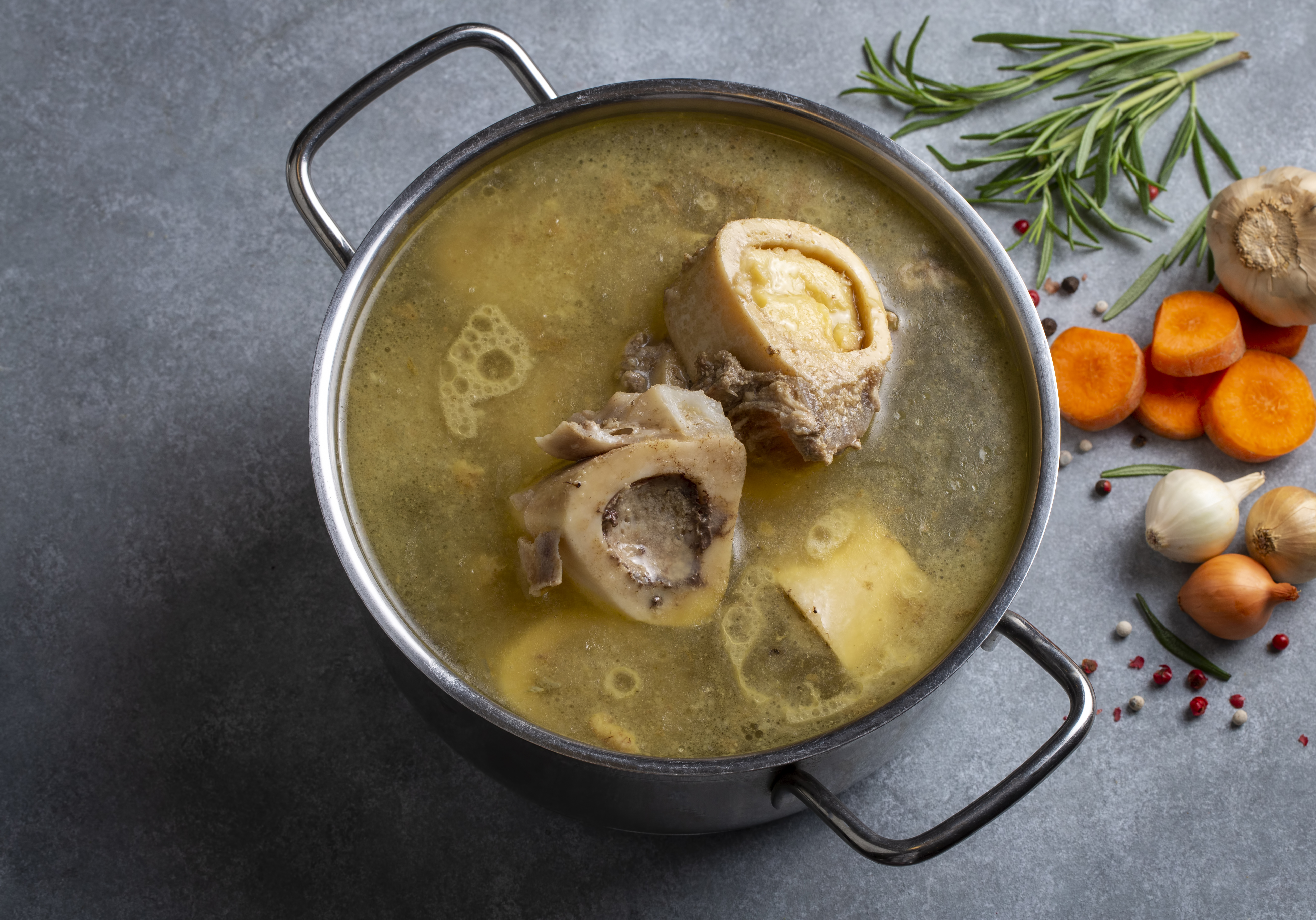
Bone broth has been a staple in traditional healing diets for centuries, and for good reason. It is rich in collagen, amino acids, and essential minerals that support gut health, joint function, and overall inflammation reduction. The gelatin found in bone broth is particularly beneficial for repairing the intestinal lining, which can be damaged by stress, poor diet, or chronic inflammation—factors that often worsen during winter. This gut-healing effect is crucial, as a healthy digestive system plays a major role in controlling inflammation throughout the body. Beyond its gut health benefits, bone broth is packed with minerals like calcium, magnesium, and phosphorus, which are vital for strong bones, muscle function, and electrolyte balance. The amino acids in bone broth, such as glycine and proline, also support immune function and aid in detoxification, helping the body stay resilient against winter illnesses. To incorporate bone broth into your diet, sip it warm as a nourishing drink, use it as a base for soups and stews, or cook grains like rice or quinoa in it to infuse them with additional nutrients.
25. Dark Purple Sweet Potatoes – A Colorful Anti-Inflammatory Boost
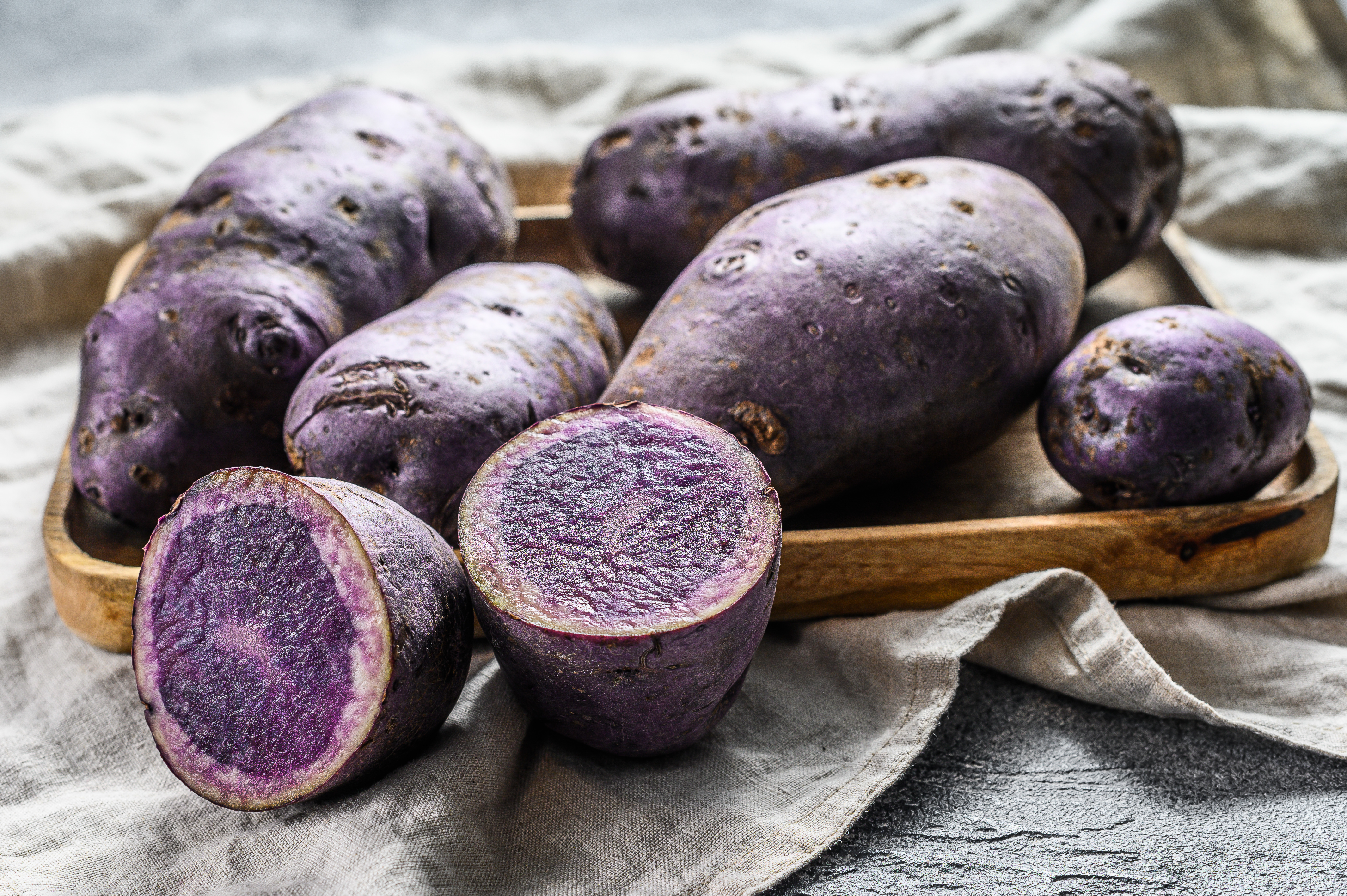
Dark purple sweet potatoes are not only visually stunning but also a powerhouse of anti-inflammatory compounds. Unlike their orange counterparts, these deep-hued tubers are rich in anthocyanins, the same antioxidants found in blueberries, blackberries, and red cabbage. Anthocyanins have been shown to reduce inflammation, improve blood circulation, and protect against oxidative stress, making them particularly beneficial for brain health, heart health, and immune function. Like all sweet potatoes, the purple variety is an excellent source of fiber, which aids digestion and promotes a healthy gut microbiome. They are also loaded with vitamin A and C, both of which support immune defense and skin health—important considerations during the harsh winter months. Purple sweet potatoes can be roasted to enhance their natural sweetness, mashed into a creamy side dish, blended into hearty soups, or even used in baking to create nutrient-dense, colorful treats. Their naturally sweet, earthy flavor pairs well with cinnamon, nutmeg, and other warming spices, making them a comforting and health-boosting staple for cold-weather meals.
26. Walnuts – Brain-Boosting Omega-3s
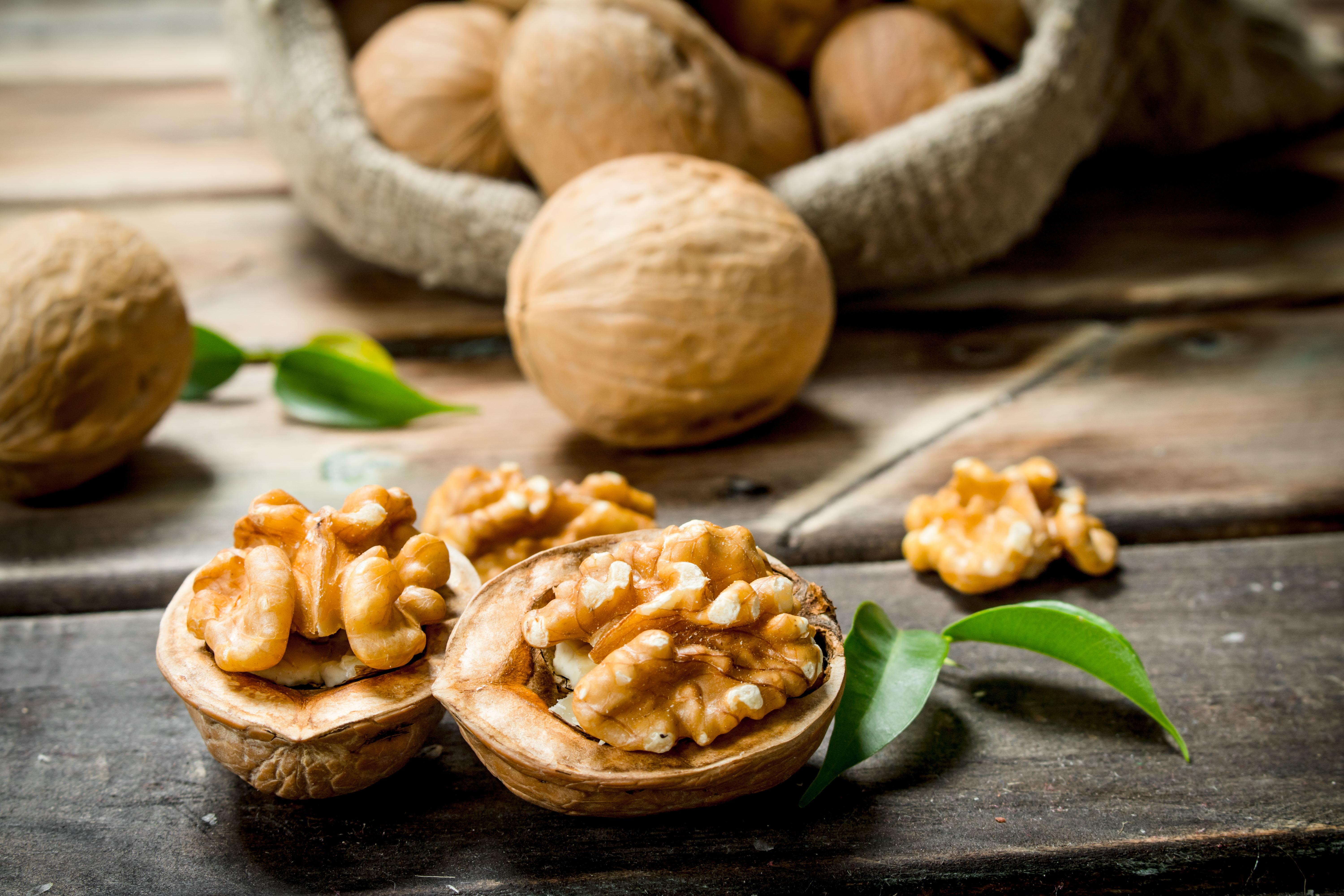
Walnuts are among the most nutrient-dense nuts available, offering a powerful combination of healthy fats, protein, and antioxidants. They are one of the best plant-based sources of omega-3 fatty acids, specifically alpha-linolenic acid (ALA), which has been shown to reduce inflammation, support heart health, and protect against cognitive decline. In fact, studies suggest that a diet rich in omega-3s can help reduce the risk of neurodegenerative diseases such as Alzheimer's, making walnuts an excellent brain-boosting food. In addition to their omega-3 content, walnuts contain polyphenols—natural compounds that combat oxidative stress and reduce inflammation. These benefits extend to cardiovascular health, as walnuts have been shown to improve cholesterol levels and reduce blood pressure. Their high protein and fiber content also make them a satisfying snack that helps regulate blood sugar and prevent energy crashes.
A Winter of Wellness with Superfoods

As we've explored throughout this article, the power of superfoods lies in their ability to naturally combat inflammation and support overall health. By incorporating these 26 superfoods into your winter diet, you can enhance your immune system, reduce inflammation, and maintain vitality during the colder months. Each superfood offers unique benefits, from the warming properties of ginger and turmeric to the antioxidant power of berries and dark chocolate. Together, they form a comprehensive strategy for winter wellness, ensuring that you stay healthy, energized, and resilient. As you embrace the winter season, let these superfoods guide you toward a path of health and well-being, empowering you to thrive in the face of winter's challenges.